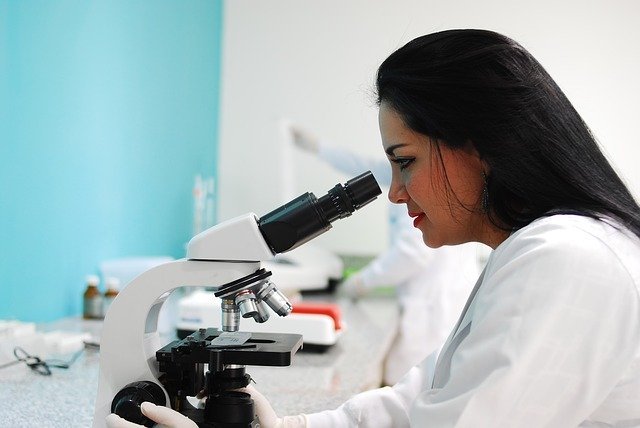
In a new study, researchers found a way to attack cancer cells that is potentially less harmful to the patient.
Sodium chloride nanoparticles (SCNP) – more commonly known as salt – are toxic to cancer cells and offer the potential for therapies that have fewer negative side effects than current treatments.
The research was conducted by a team at the University of Georgia.
The team found that SCNPs can be used as a Trojan horse to deliver ions into cells and disrupt their internal environment, leading to cell death.
SCNPs become salt when they degrade, so they’re not harmful to the body.
According to the team, nanoparticles are the key to delivering SCNPs into cells.
Cell membranes maintain a gradient that keeps relatively low sodium concentrations inside cells and relatively high sodium concentrations outside cells.
The plasma membrane prevents sodium from entering a cell, but SCNPs are able to pass through because the cell doesn’t recognize them as sodium ions.
Once inside a cell, SCNPs dissolve into millions of sodium and chloride ions that are trapped inside by the gradient and overwhelm protective mechanisms, inducing rupture of the plasma membrane and cell death.
When the plasma membrane ruptures, the molecules that leak out signal the immune system that there’s tissue damage, inducing an inflammatory response that helps the body fight pathogens.
The team says this mechanism is actually more toxic to cancer cells than normal cells because cancer cells have relatively high sodium concentrations to start with.
They say this technology is well suited for the localized destruction of cancer cells. They expect it to find wide applications in the treatment of bladder, prostate, liver, and head and neck cancer.
The lead author of the study is Jin Xie, an associate professor of chemistry.
The study is published in Advanced Materials.
Copyright © 2019 Knowridge Science Report. All rights reserved.



